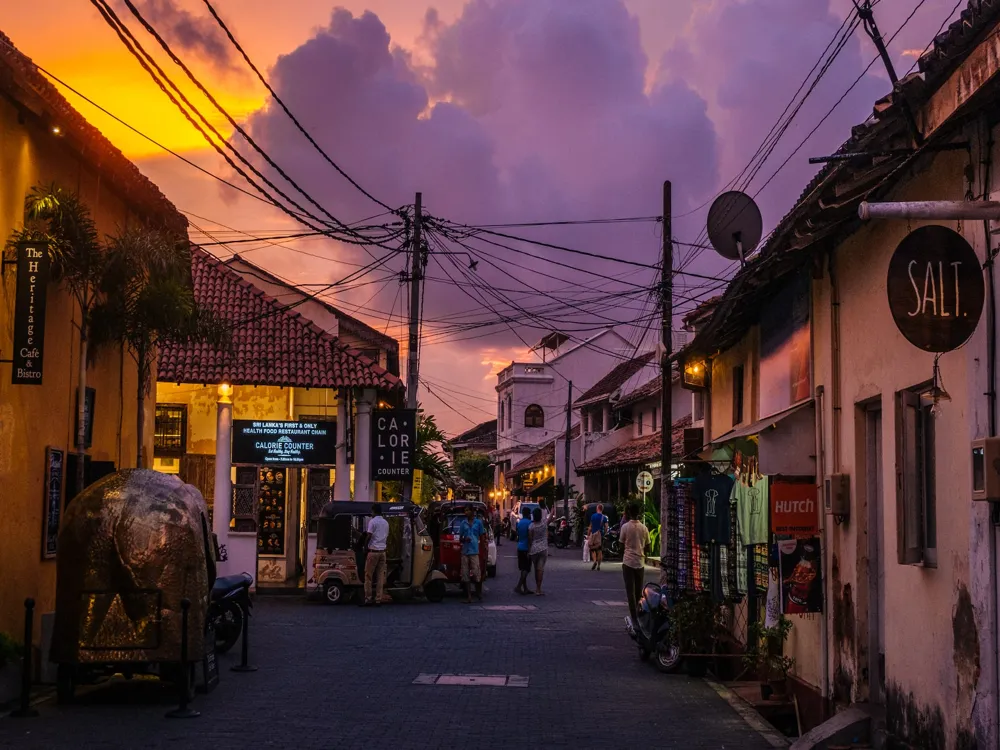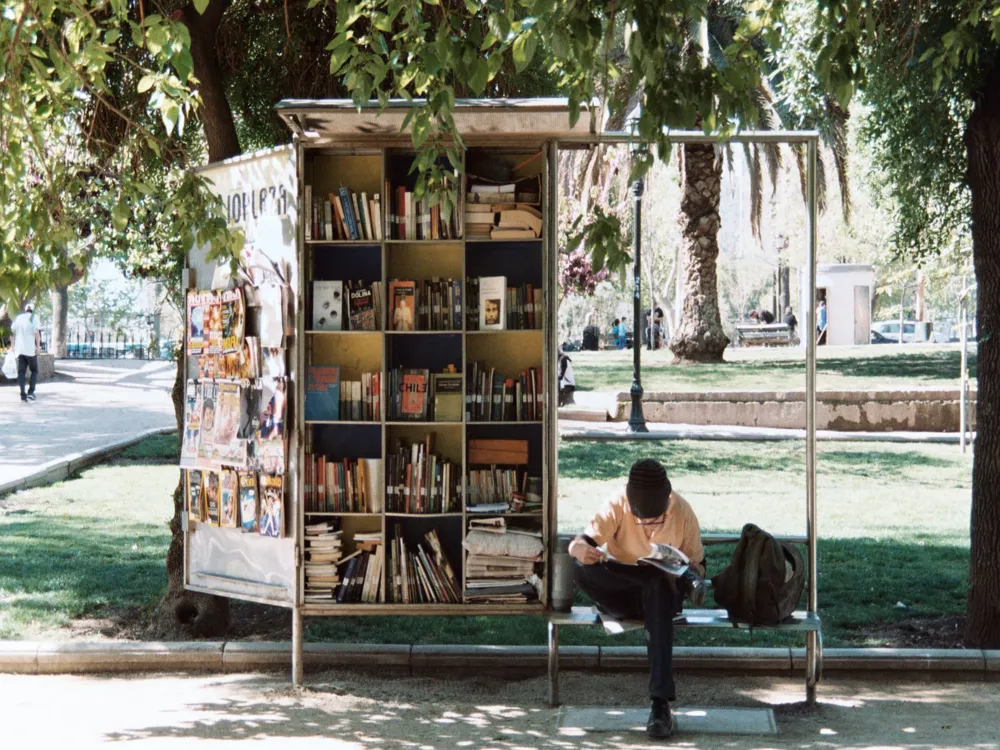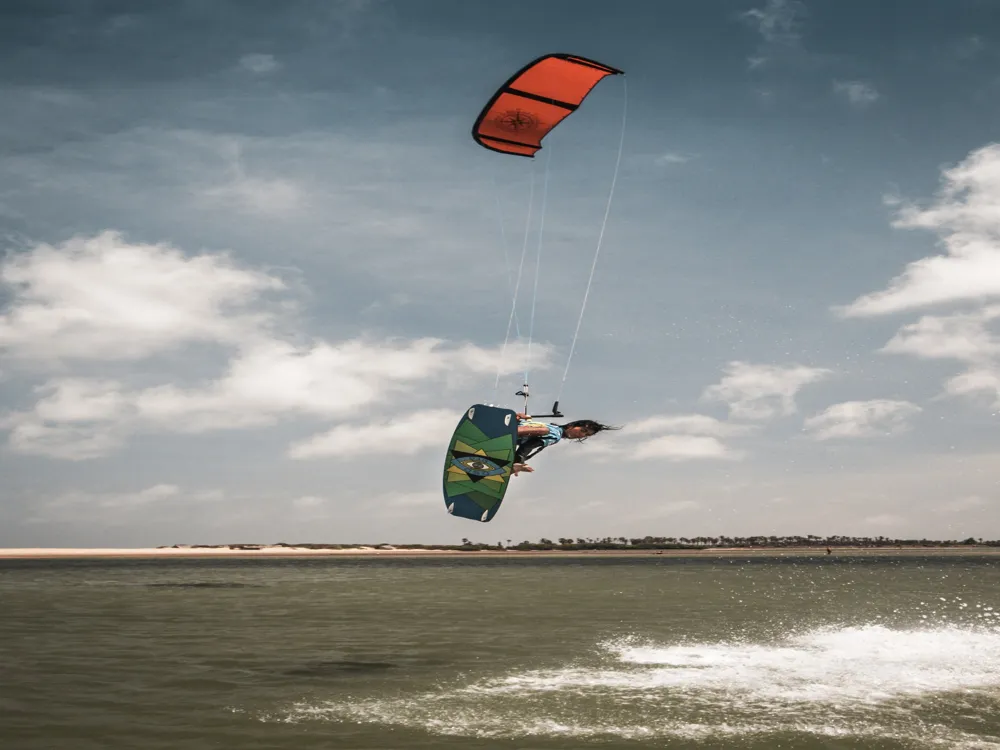The Archaeological Museum of Anuradhapura, situated in the ancient city of Anuradhapura in Sri Lanka, offers a profound glimpse into the rich cultural and historical heritage of the region. Established to preserve and showcase the archaeological treasures of one of the oldest continuously inhabited cities in the world, this museum is a must-visit destination for history enthusiasts and tourists alike. The museum's collection includes a vast array of artifacts that span several centuries, illustrating the grandeur of the Anuradhapura Kingdom. These artifacts range from intricate stone carvings and sculptures to ancient coins, ceramics, and tools, each telling a unique story of the city's past. The museum not only plays a crucial role in preserving these ancient treasures but also serves as a center for archaeological research and education, providing valuable insights into the region's history and culture. One of the highlights of the museum is its detailed exhibits on the city's advanced irrigation systems, which showcase the ingenuity of ancient engineering. The exhibits include miniature models and descriptive panels that explain how these systems were crucial in sustaining the kingdom's agriculture and supporting its population. Another significant section of the museum is dedicated to religious artifacts, including Buddha statues, intricately carved temple stones, and ancient inscriptions, reflecting the deep spiritual roots of the city. The museum also offers an interactive experience for visitors. Through its well-organized exhibits, engaging multimedia presentations, and informative guided tours, guests can immerse themselves in the history of Anuradhapura. The museum's layout is designed to take visitors on a chronological journey through the city's past, making it an educational and enriching experience for all ages. Overall, the Archaeological Museum of Anuradhapura is more than just a repository of ancient artifacts; it is a gateway to exploring the rich tapestry of Sri Lanka's history, offering a captivating experience that leaves visitors with a deeper understanding and appreciation of the country's cultural legacy. The Architecture of the Archaeological Museum in Anuradhapura is a splendid fusion of traditional Sri Lankan and modern design elements, creating a space that is both aesthetically pleasing and functionally efficient. The museum building itself is a testament to the architectural heritage of the region and serves as an extension of the historical narrative that it houses. The main building, designed with a nod to ancient Sri Lankan architecture, features high ceilings, large windows, and spacious galleries, allowing for natural light to enhance the display of artifacts. The use of local materials, such as granite and timber, in the construction, adds an authentic touch, resonating with the historical context of the exhibits. The layout of the museum is carefully planned to provide a seamless flow between different sections, guiding visitors through the chronological history of Anuradhapura. One of the unique architectural elements of the museum is its landscaped gardens, which are home to several replicas of ancient statues and structures found in the region. These outdoor exhibits blend seamlessly with the natural surroundings, creating a tranquil and contemplative space for visitors to reflect on the historical significance of the artifacts. The museum also incorporates modern amenities and facilities to enhance the visitor experience. These include state-of-the-art lighting and display systems that highlight the intricacies of the artifacts, as well as interactive multimedia stations that provide in-depth information about the exhibits. The integration of modern technology with traditional design elements makes the Archaeological Museum of Anuradhapura a noteworthy example of contemporary museum architecture. In summary, the architecture of the Archaeological Museum of Anuradhapura is a harmonious blend of the old and the new, providing a fitting backdrop for the ancient treasures it houses. The thoughtful design not only pays homage to the region's architectural legacy but also enhances the educational and cultural experience of its visitors. To make the most of your visit to the Archaeological Museum, Anuradhapura, plan your trip in advance. Check the museum's opening hours, entry fees, and any special events or exhibits that might be happening during your visit. As the museum houses invaluable historical artifacts, it's important to respect the exhibits. Avoid touching the artifacts, and follow any guidelines provided by the museum for photography and videography. Consider joining a guided tour for a more comprehensive understanding of the exhibits. Knowledgeable guides can provide insights and stories that you might miss when exploring on your own. Dress comfortably but respectfully, keeping in mind that the museum is a place of cultural significance. Lightweight, modest clothing is recommended, especially if you plan to visit other religious sites in Anuradhapura. Anuradhapura can be quite warm, so remember to stay hydrated during your visit. Carry a water bottle with you, and take breaks as needed. The Archaeological Museum, Anuradhapura is easily accessible by various modes of transportation. If you're coming from Colombo, you can take a train or bus to Anuradhapura. The museum is located within a short distance from the central bus and train stations. For those preferring more comfort, hiring a taxi or renting a car is a convenient option. Additionally, for international visitors, the closest airport is the Bandaranaike International Airport in Colombo, from where you can travel to Anuradhapura by road or rail. Read More:Overview of the Archaeological Museum, Anuradhapura
Architecture of the Archaeological Museum, Anuradhapura
Tips When Visiting the Archaeological Museum, Anuradhapura
Plan Your Visit
Respect the Artifacts
Guided Tours
Dress Appropriately
Stay Hydrated
How To Reach the Archaeological Museum, Anuradhapura
Archaeological Museum, Anuradhapura
Anuradhapura
₹ 21,999 onwards
View anuradhapura Packages
Weather :
Tags : Museum
Timings : 8:30 am to 4:30 pm except for Sunday
Entry Fee : Entry tickets to all the sites for 3600 LKR per person and another 3000 LKR for a private guide
Planning a Trip? Ask Your Question
Anuradhapura Travel Packages
View All Packages For Anuradhapura
Top Hotel Collections for Anuradhapura

Private Pool

Luxury Hotels

5-Star Hotels

Pet Friendly
Top Hotels Near Anuradhapura
Other Top Ranking Places In Anuradhapura
View All Places To Visit In anuradhapura
Faq on Anuradhapura
What is the admission fee for the Archaeological Museum Anuradhapura?
The admission fee for the Archaeological Museum Anuradhapura is typically around [insert price here] for adults and [insert price here] for children.
What can I see at the Archaeological Museum Anuradhapura?
The museum houses a vast collection of artifacts, including ancient sculptures, inscriptions, pottery, coins, and other relics dating back to the Anuradhapura period.
Is photography allowed inside the Archaeological Museum Anuradhapura?
Yes, photography is usually permitted inside the museum, but flash photography may be prohibited in certain areas to preserve delicate artifacts.
Are there guided tours available at the Archaeological Museum Anuradhapura?
Yes, guided tours are often available at the Archaeological Museum Anuradhapura, providing visitors with detailed insights into the historical significance of the artifacts on display.
How long does it take to explore the Archaeological Museum Anuradhapura?
The time it takes to explore the museum can vary depending on individual interests, but most visitors spend around 1-2 hours exploring the exhibits.
View anuradhapura Packages
Weather :
Tags : Museum
Timings : 8:30 am to 4:30 pm except for Sunday
Entry Fee : Entry tickets to all the sites for 3600 LKR per person and another 3000 LKR for a private guide
Planning a Trip? Ask Your Question
Anuradhapura Travel Packages
View All Packages For Anuradhapura
Top Hotel Collections for Anuradhapura

Private Pool

Luxury Hotels

5-Star Hotels

Pet Friendly
Top Hotels Near Anuradhapura
Other Top Ranking Places In Anuradhapura
Faq on Anuradhapura
What is the admission fee for the Archaeological Museum Anuradhapura?
The admission fee for the Archaeological Museum Anuradhapura is typically around [insert price here] for adults and [insert price here] for children.
What can I see at the Archaeological Museum Anuradhapura?
The museum houses a vast collection of artifacts, including ancient sculptures, inscriptions, pottery, coins, and other relics dating back to the Anuradhapura period.
Is photography allowed inside the Archaeological Museum Anuradhapura?
Yes, photography is usually permitted inside the museum, but flash photography may be prohibited in certain areas to preserve delicate artifacts.
Are there guided tours available at the Archaeological Museum Anuradhapura?
Yes, guided tours are often available at the Archaeological Museum Anuradhapura, providing visitors with detailed insights into the historical significance of the artifacts on display.
How long does it take to explore the Archaeological Museum Anuradhapura?
The time it takes to explore the museum can vary depending on individual interests, but most visitors spend around 1-2 hours exploring the exhibits.















